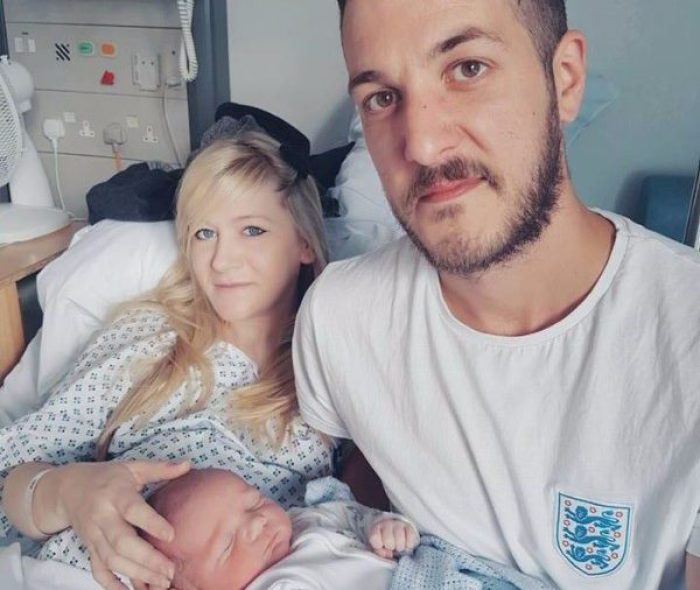Charlie Gard's Hospital Seeks New Court Hearing to Save Baby's Life

The campaign to save the life of 11-month-old Charlie Gard received a major boost Friday when the hospital announced that it has asked the High Court to re-hear the case after obtaining "fresh evidence about proposed experimental treatment" from two other hospitals.
Sky News reports that Great Ormond Street Hospital in London released a statement Friday saying in light of these claims it was prompted to seek a new court hearing.
The move constitutes a reversal from its previous stance, which was that nothing else could be done for Charlie and it was in his best interests to die. The hospital's previous decision to remove life support and its refusal to transfer Charlie to another hospital at his parents' request was upheld by both the U.K. Supreme Court and the European Court of Human Rights in Strasbourg, France, on June 27.
"We have just met with Charlie's parents to inform them of this decision and will continue to keep them fully appraised of the situation," the hospital's statement read on Friday.
"Two international hospitals and their researchers have communicated to us as late as the last 24 hours that they have fresh evidence about their proposed experimental treatment. And we believe, in common with Charlie's parents, it is right to explore this evidence."
Charlie Gard, who is 11 months old, has a rare disease called mitochondrial DNA depletion syndrome which causes progressive muscle weakness and brain damage. He is reportedly only the 16th person in the world to be diagnosed with this condition.
Great Ormond Street Hospital had previously said it was "bound by the ruling of the High Court which expressly forbids us from transferring Charlie for nucleoside therapy anywhere."
Gard's case has made international headlines in the last few weeks, particularly as many regard this case as an affront to the rights of parents to determine the best course of medical care for their children.
Pope Francis, U.S. President Donald Trump, over three dozen members of the European Parliament and even celebrities like Cher have expressed solidarity with the family who raised over $1.5 million through a crowdfunding campaign to pay for Charlie's medical treatment and care in the U.S.
A spokesman for Charlie's family said in a statement that the hospital's move to apply for a new hearing "marks the end of an extremely traumatic and distressing week for his parents and the rest of his family."
As noted in another Sky News report Friday, Connie Yates, Charlie's mother, said on "Good Morning Britain" that not knowing when Charlie would die was "absolute living hell." A New York hospital also offered to ship the treatment in the mail to the hospital provided that the necessary "legal hurdles" could be cleared.
"We are not bad parents. We are there for him all the time, we are completely devoted to him and he's not in pain and suffering. And I promise everyone I would not sit there and watch my son in pain and suffering, I couldn't do it," Yates said.
Yates and her husband, Chris Gard, "are optimistic their son will soon get the treatment he needs and want to thank those people from around the world who've sent them so many moving and touching messages of support," the family statement continued.
The experimental nucleoside bypass therapy has proven to be effective in other children who had similar diseases as Charlie.
As noted by The Sun Tuesday, Art Estopinan, a 51-year-old father from Baltimore, Maryland, said he felt "very fortunate" that his son, Arturito, who was diagnosed with a similar mitochondrial depletion syndrome as the British 11 month old, was an American after Charlie's parents exhausted all legal avenues to continue his life support.
Six years have passed since his Arturito first underwent treatment and he can now "move his hands, fingers, feet and arms" and is reportedly a "strong and happy boy" after having been told he would only live for two months.
Estopinan said his son would "surely be dead by now" had they lived in the U.K.
Wesley Smith, senior fellow at the Discovery Institute's Center on Human Exceptionalism and a consultant to the Patients Rights Council, noted in a blog on National Review Friday that "the huge popular pushback against bioethical aggression" on the part of the hospital "seemed to be bearing fruit."
"It is truly heartening that the life of a dying baby can still move the world," Smith said.




























